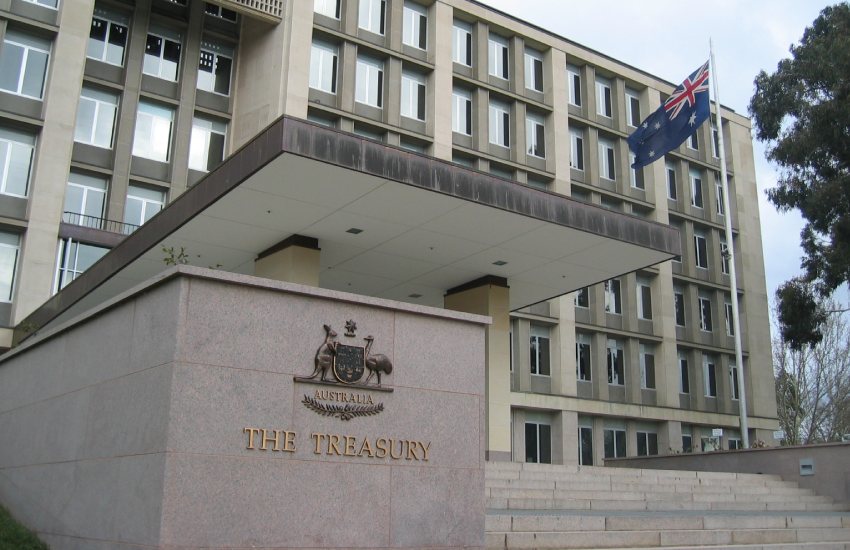The safe harbour reforms introduced in 2017 were tabled to allow directors and owners of distressed businesses to continue trading so they could facilitate restructuring instead of entering premature administration or liquidation.
You’re out of free articles for this month
As part of the 2021-22 federal budget, the Morrison government promised to commission an independent review of the 2017 insolvent trading safe harbour amendments, and has since appointed an independent panel to undertake it over three months, closing in November.
The review will be open for consultation until 1 October. Once the review concludes in November, the panel will submit a report outlining recommendations to the government.
As it stands in Australia, insolvent trading laws open up company directors to personal liability for accrued debts, along with risks of civil and criminal action if they continue to trade while insolvent.
However, before the 2017 reforms were enacted, a 2015 report produced by the Productivity Commission suggested that threats of legislative action were driving some companies into premature administration.
“The threat of Australia’s insolvent trading laws, combined with uncertainty over the precise moment of insolvency has long been identified as a driver behind companies entering voluntary administration, sometimes prematurely,” the Commission wrote.
The Commission later recommended that a safe harbour from insolvent trading liability be established to offer directors time to make decisions related to restructuring without fear of having to foot company debt bills personally.
After they came into effect in 2017, the safe harbour defence offered directors a framework through which they could stave off personal liability, flexible by design.
The reforms, as they are, identify a slew of factors that could be considered to identify whether the director was trading while insolvent in a bid to lead the business out of distress and avoid administration or liquidation.
Among them are whether the director remained informed of the company’s financial position, and had taken steps to prevent misconduct by employees.
Others include whether they took appropriate steps to ensure the company maintained financial records, and sought qualified advice. And, ultimately, whether any steps had been taken to develop or implement a restructuring plan to improve the company’s position.
In its consultation paper, the review panel noted that quantifying the impacts of the amendments’ provisions may prove a challenge.
“When assessing their impact, it should be noted that the safe harbour provisions have only been in effect for a relatively short period,” the panel said.
“Also, the confidential nature of company restructuring that may have taken place under the safe harbour protection limits the availability of quantitative data, further emphasising the importance of stakeholder submissions to this process.”
Calling on industry leaders, the panel asked for feedback from those who have engaged with the safe harbour reforms, and other experiences in corporate distress turnaround.
“The overarching intent is to determine the effectiveness of the reforms, and whether they are fit for purpose in enabling company turnaround, and promoting a culture of entrepreneurship and innovation,” the panel said.

 Login
Login







